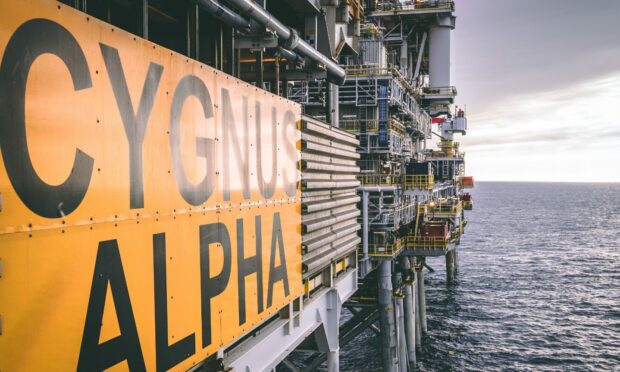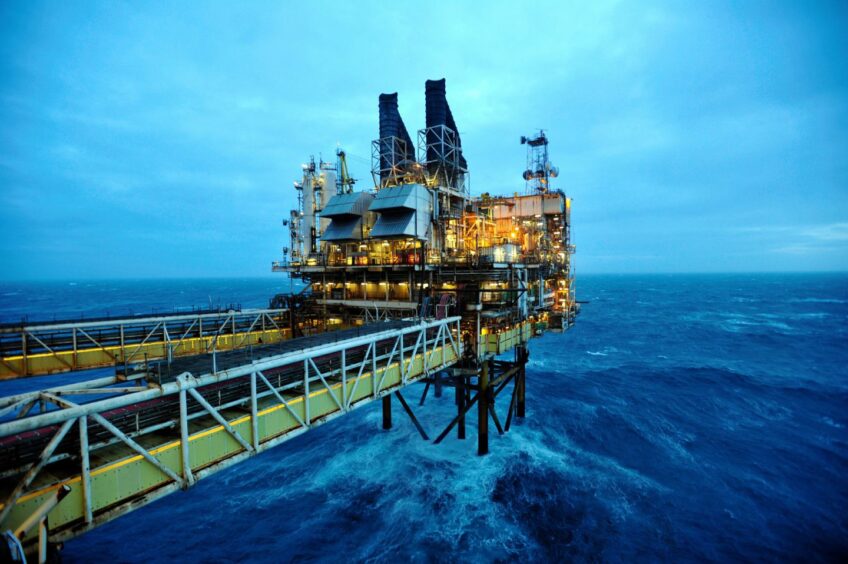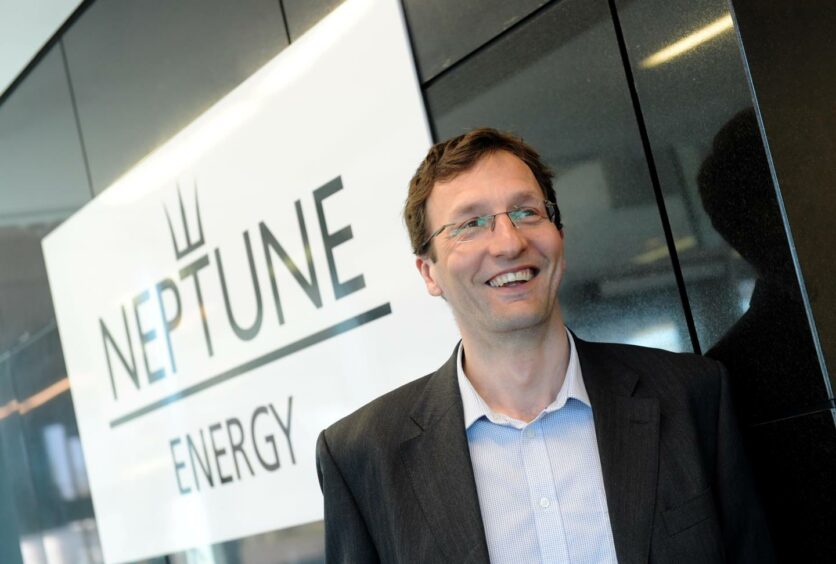Neptune Energy has published its first set of financial results since news broke that Eni plans to acquire the North Sea operator.
In the first six months of this year Neptune made pre-tax profits of around £1.1 billion, almost identical to its takings in the same period last year.
Revenue for the latest period totalled £1.8bn, a marginal increase on the £1.6bn recorded in H1 2022, during a spell of “good operational and financial performance”.
Low-carbon progress
So far in 2023 Neptune has brought on new production in Norway, the UK and Germany, contributing to “higher year-on-year volume”.
It has also made progress on its “low-carbon strategy”, securing three carbon storage licences in the UK’s first ever CCS leasing round.
Further permits have been submitted in Norway and the Netherlands, while the company’s North Sea Gudrun electrification project is due to come online by the end of the year.
UK projects
As for Seagull, the group’s 50 million-barrel tie-back to BP’s Etap platform in the UK North Sea, Neptune confirmed start-up is slated for next month.
Hook-up and commissioning of the first two development wells at the project was completed in June.
Current operations are focused on well completion and clean-up of the second production well before production starts in September, Neptune said.
Seagull is expected to add around 11,000 barrels of oil equivalent (boe) a day initially. Two additional wells will follow next year.
Meanwhile, the company revealed that post-well results from the hotly-anticipated Isabella prospect are nearing completion.
The licence partners – operator TotalEnergies (30%), Neptune (30%), Ithaca Energy (10%) and Energean (10%) – will decide on the forward plan in September.
They are aiming for 120 million boe, based on previously disclosed estimated volumes.
Production growth year-on-year
Production for Neptune in the UK as a whole averaged 14,700 boe per day in the second quarter, a slight improvement on the previous three months.
It was supported by two new wells on the southern North Sea Cygnus field, which the company said were performing within the expected range.
Neptune chief executive Pete Jones said: “Neptune remains on track to deliver material year-on-year production growth, supported by project start-ups in Norway and the UK.
“In the first half we hit a major milestone in our new energy strategy, with the award of three CO2 appraisal and storage licences, meaning we now have licensed storage capacity for the equivalent emissions from our reserves portfolio.
“Commodity prices are likely to be increasingly volatile in the second half of the year, while the industry faces continued inflationary pressures in the supply chain. We remain focused on capital discipline and have re-phased some of our smaller development projects, our exploration programme and our decommissioning plans.”
Eni takeover
Announced in June after months of speculation, the £3.8bn takeover of Neptune by Italy’s Eni is expected to close by the end of the first quarter of next year.
Norwegian operator Var Energi, which is majority owned by Eni, will take on Neptune’s assets on that side of the North Sea, while German operations will be carved out and operated as a standalone business.
Neptune was founded in June 2015 by executive chairman Sam Laidlaw, a former chief executive of energy firm Centrica, to focus on investing in large oil and gas portfolios.
It now has oil and gas interests in the UK, Norway, the Netherlands, Germany, North Africa and the Asia-Pacific region. Its UK offshore oil and gas assets are managed from offices on North Esplanade West, Aberdeen.



Conversation